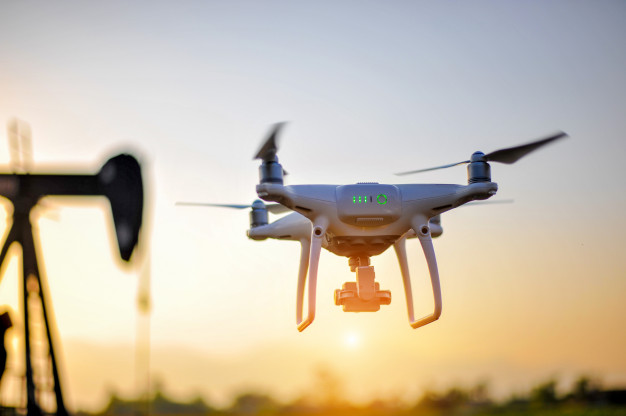Table of Contents
Introduction
Drone technology has rapidly advanced in recent years, making it possible to capture stunning aerial footage and provide various applications for various industries. Drone services offer many advantages and benefits that are difficult to achieve with traditional methods. This blog will dive into drone services and explore their applications, benefits, and limitations.
What are Drone Services?
Drone services involve using unmanned aerial vehicles (UAVs) to perform various tasks, such as aerial photography and videography, surveying, mapping, and inspection. Drones have cameras, sensors, and other specialized equipment that allow them to capture high-quality data from different angles and heights. With the help of GPS technology, drones can be programmed to fly a specific path, capture data, and return to their starting point autonomously.
Applications of Drone Services
The use of drone services is widespread across different industries. Here are some of the most common applications of drones:
● Aerial Photography and Videography
Drones equipped with high-quality cameras can capture stunning aerial footage and images for various purposes, including real estate, tourism, advertising, and film production.
● Surveying and Mapping
Drones can collect data and generate 2D and 3D maps of large areas quickly and accurately. This application is particularly useful for land surveying, construction, and environmental monitoring.
● Inspection
Drones can access hard-to-reach areas, such as tall buildings, bridges, and power lines, to perform inspections without risking human lives. This application is beneficial for infrastructure maintenance, repair, and disaster response.
● Agriculture
Drones can monitor crops and collect data on soil conditions, water levels, and plant health. This data can be used to optimize farming practices and improve crop yields.
● Search and Rescue
Drones can be equipped with thermal cameras and other sensors to aid search and rescue operations, especially in difficult terrain and hazardous environments.
Benefits of Drone Services
The use of drone services offers several benefits over traditional methods. Here are some of the most significant advantages:
● Efficiency
Drones can collect data and perform tasks much faster than humans, reducing the time and resources required for various operations.
● Safety
Drones can access hard-to-reach areas and perform dangerous tasks without risking human lives, making them ideal for hazardous environments.
● Accuracy
Drones can capture high-quality data from various angles and heights, providing a more comprehensive view of the surveyed or inspected area.
● Cost-Effective
Drones are relatively inexpensive and require fewer resources than traditional methods, making them more cost-effective in the long run.
Limitations of Drone Services
While drone services offer many benefits, there are also some limitations. Here are some of the most significant limitations:
● Regulations
Some specific regulations and restrictions govern the use of drones, such as flight altitude and distance from populated areas. Failure to comply with these regulations can result in fines and legal consequences.
● Battery Life
Drones are limited by their battery life, which means they can only stay in the air for a certain amount of time. This limitation can impact the duration of operations and data collection.
● Weather
Drones are affected by weather conditions such as wind, rain, and snow, impacting their flight capabilities and data quality.
● Data Processing
The data collected by drones requires processing and analysis, which can be time-consuming and requires specialized expertise.
Conclusion
Drone services offer many advantages and benefits, making them an attractive option for various industries. From aerial photography to search and rescue operations, drones can perform tasks faster, safer, and more efficiently than traditional methods. However, there are also limitations, such as regulations, battery life, and weather conditions. Despite these limitations, drone services continue to grow in popularity.





